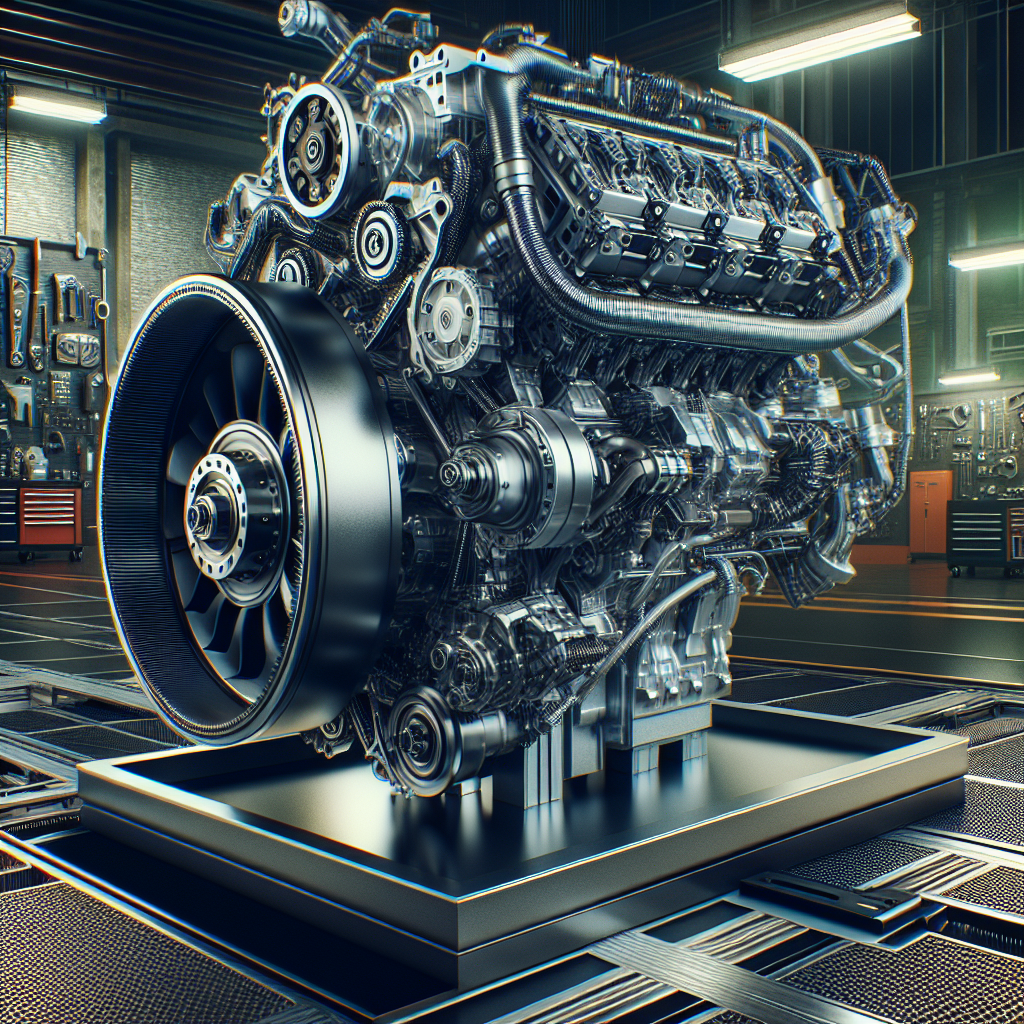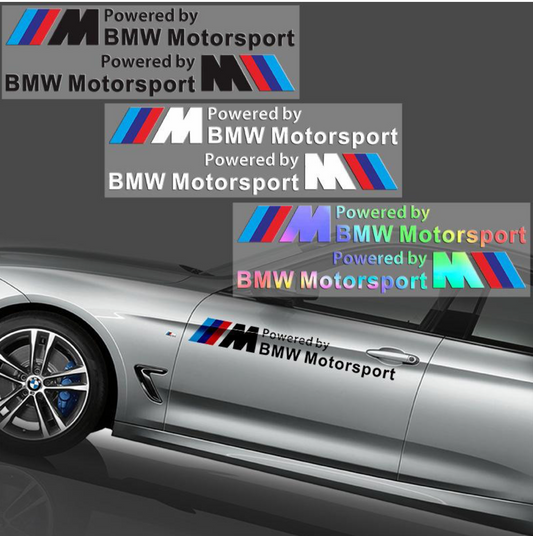
The Evolution of BMW Engines: Innovation and Technology at the Wheel
The evolution of BMW engines is a fascinating topic that underlines the brand’s commitment to innovation and performance . Since its inception, BMW has been a pioneer in developing engines that not only deliver power but also efficiency and sustainability. This article will explore the key stages of this evolution, the revolutionary technologies introduced and how they have changed the automotive landscape.
The Beginnings: Aeronautical Engines
Founded in 1916, Bayerische Motoren Werke AG , better known as BMW, began operations by manufacturing aircraft engines. These engines were renowned for their efficiency and reliability . The legendary BMW IIIa, a six-cylinder aircraft engine, set a standard of excellence that would form the basis for the brand's future automotive business.
The Transition to the Road: 1930s and 1940s
BMW's transition into the automotive sector began in the 1930s. The first car engine, the BMW 3/15, was known for its simplicity and efficiency. Attention to detail and commitment to quality engineering allowed BMW to develop engines that soon became the heart of revered automobiles such as the BMW 328.
The Renaissance: 1950s and 1960s
Following World War II, BMW embarked on a new era. The V8 engines introduced in the 1950s were revolutionary, delivering superior performance that appealed to drivers and critics alike. The 1960s saw the introduction of the BMW M10 engine, a key development that was used for more than two decades, proving its versatility and longevity.
Continuous Innovation: Turbo Technology and Diesel Engines
The 1970s brought turbocharged engines, starting with the BMW 2002 Turbo , the first European production car with this technology. This advancement showed BMW's continuing desire to push the boundaries of automotive technology. The 1980s and 1990s saw the integration of diesel engines that combined performance with fuel efficiency.
The 21st Century and the Future: Sustainability and Efficiency
In the 21st century, BMW has focused innovation on sustainability, with the development of its EfficientDynamics technology , which significantly improves the fuel efficiency of its engines. Hybrid and electric motors represent the future, reiterating BMW's commitment to a cleaner world without compromising performance.
From aero engines to today's green technology, BMW has come a long way in its quest for excellence and sustainability . The brand has proven that with each development, it is ready to meet the challenges of the future and remain a leader in the automotive industry.












